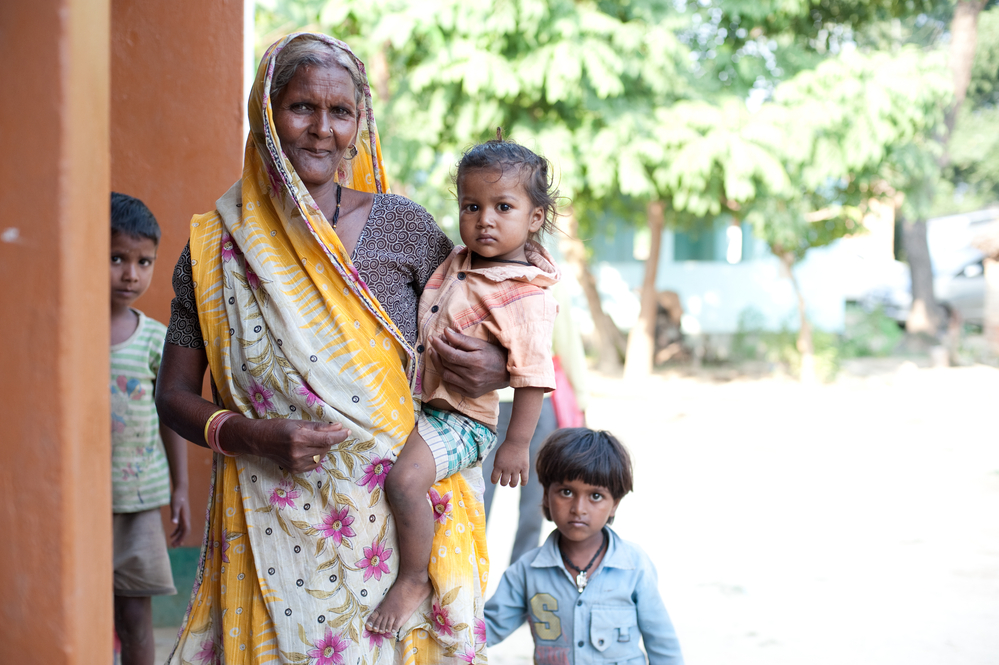Turning from Research to Reflection at the International Rotavirus Symposium
|

Our work on rotavirus vaccines has brought PATH's Vaccine Development team to India countless times over the past several years. But rather than research or prepping for clinical studies, this week's trip brings us to India for a related, yet different undertaking: joining fellow scientists, advocates, and other partners to celebrate progress and share experiences.
Through most of the International Rotavirus Symposium's 20-plus-years history, the focus has been on the vital potential of rotavirus vaccines. But recent installments, including this year's event which opens today in New Delhi, are increasingly celebrating the vaccines' real-world impact. With rotavirus vaccines now introduced in more than 20 of the world's hardest-hit countries (and counting), families are realizing the benefit of protection against the leading cause of severe and fatal diarrhea. Rotavirus vaccines are truly changing—and saving—lives.
India will soon join this illustrious collection of countries with its pending introduction of ROTAVAC®, an indigenous new vaccine developed through a social innovation partnership that combined the expertise of Indian scientists and international organizations, including PATH. ROTAVAC® holds exciting potential—if scaled to current immunization rates in India, the vaccine could prevent 20,000 child deaths each year and dramatically slash hospitalizations and clinic visits. Not only a lifesaving solution for child health, rotavirus vaccination can also spare the costs associated with illness—a critical boost as low-income, high-burden communities strive to rise above poverty.
The progress highlighted at the International Rotavirus Symposium is made possible only through partnerships and key collaborations. The foundation of PATH's rotavirus projects—and a pivotal element of successful research and delivery—is our close collaboration with emerging-country governments, advocates, and manufacturers, and we look forward to highlighting these at the symposium. My colleagues in PATH's Vaccine Development program will present the latest data from our collaborative efforts to develop non-replicating rotavirus vaccine candidates—administered intramuscularly to potentially overcome limitations of oral vaccines in high-burden populations. PATH's Vaccine Access and Delivery Program will present exciting updates on research to optimize the performance of the current rotavirus vaccines in global use, including alternate administration schedules. Partnerships both within and beyond PATH allow us to contribute to the complete spectrum in developing, evaluating, and delivering safe, effective, and affordable rotavirus vaccines worldwide.
Along this development and delivery continuum, the translation of evidence to advocacy also plays a key role. The ROTA Council, a distinguished group of technical experts, will host an interactive session to highlight the crucial connections between researchers and advocates that ultimately inspire and advance lifesaving change. Evidence delivered through such advocacy can foster national policies that integrate rotavirus vaccines into a comprehensive strategy, giving communities the best possible chance and all tools available to defeat childhood diarrhea.
I extend my congratulations to all involved in unveiling the intricacies of rotavirus vaccines' performance, discovering and improving new formulations, bringing vaccination to vulnerable families, and incorporating rotavirus vaccines into comprehensive national strategies. To be sure, there is further research on the horizon—from studying new candidates to evaluating the long-term impact of current vaccines—and far more advocacy to undertake. But today is a good reminder that there also is so much to celebrate.
Photo credit: PATH.














